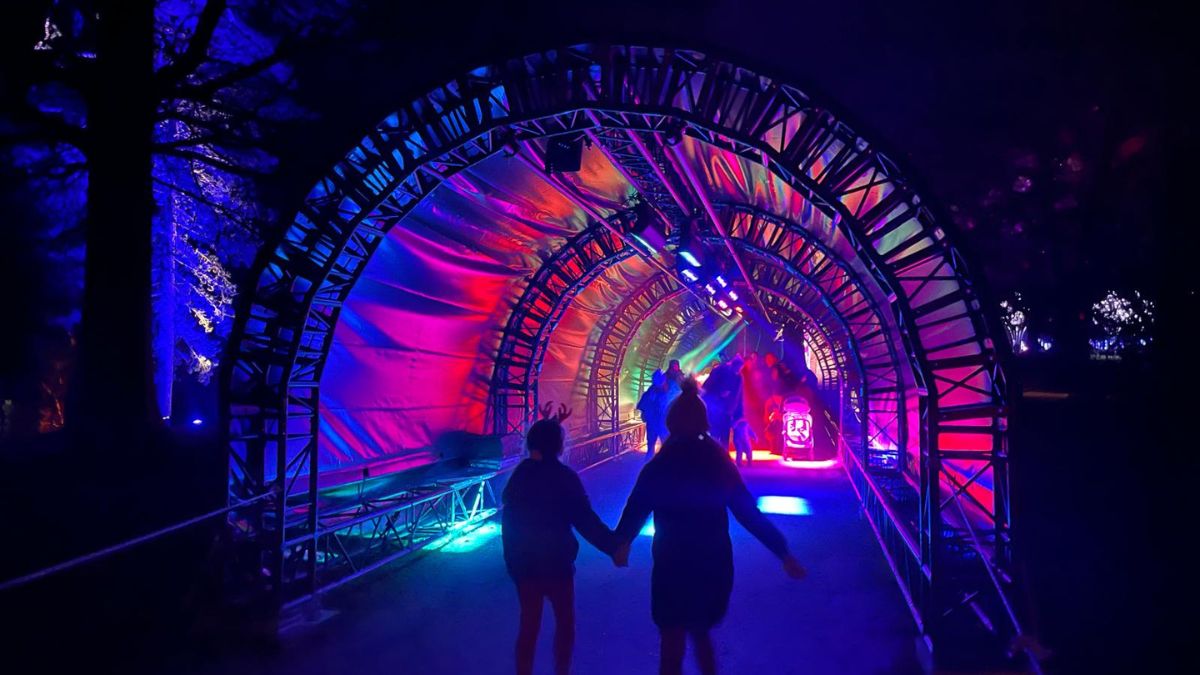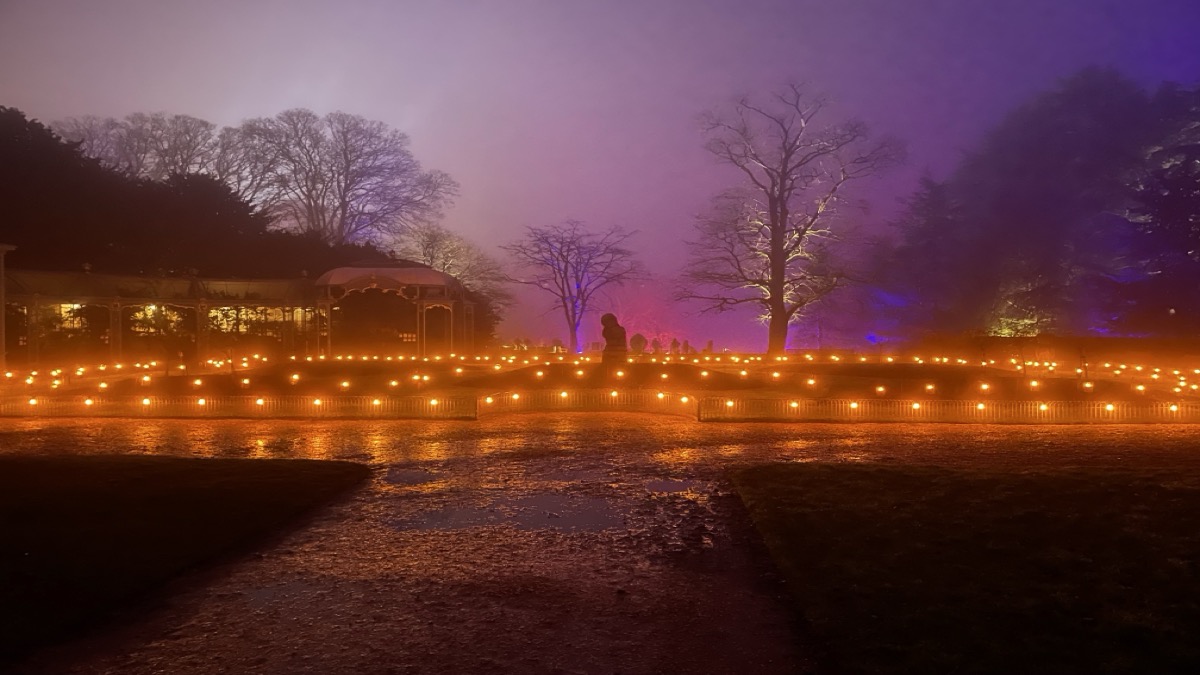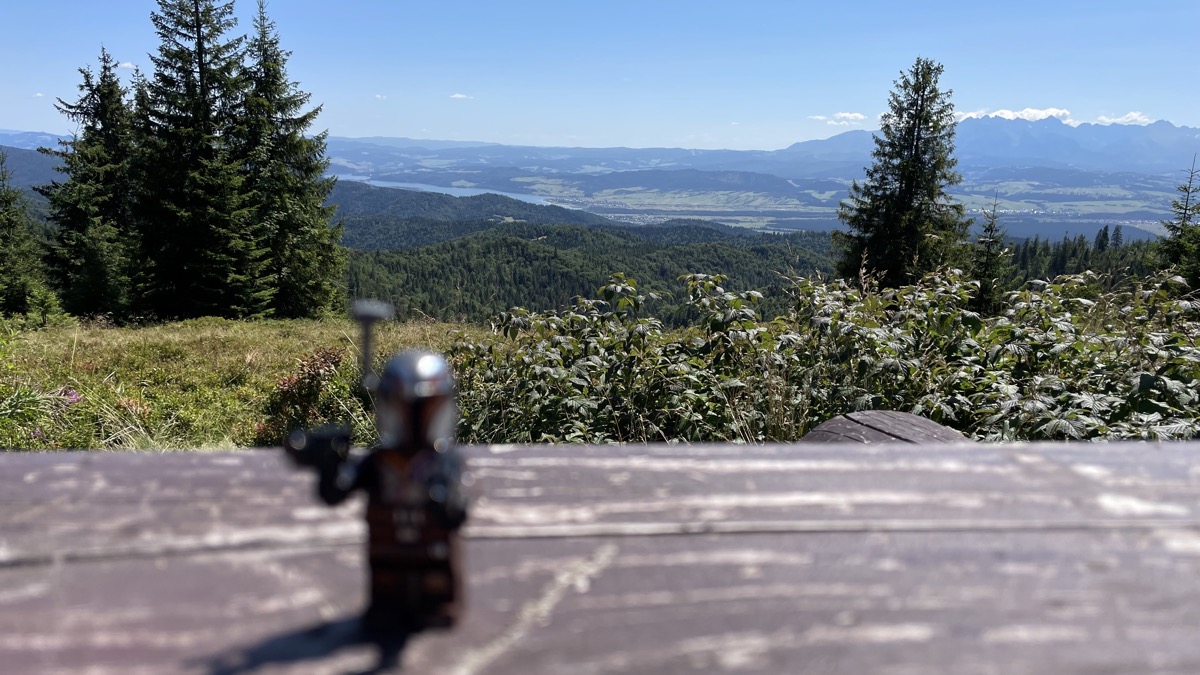This is my “now” page inspired by Derek Sievers. It answers “what I’m doing now?“. My life, projects and priorities. I post an update here every 1-3 months.
What’s up as of November 2024?
Over the past few months, I’ve embraced the joy of investing in memories. One experience that stands out is a visit to a cozy café housed on the ground floor of a church, where the warmth of a kind barista reminded me of the true value of connection. This journey has deepened my understanding that lasting happiness often comes from shared moments rather than material goods. As I was reflecting on these insights, I decided to share my experience with burnout and recorded an episode to show that it is totally
Investing in memories ☕️
We visited a very nice café located on the ground floor of a church. The coffee tasted really good, so I asked if they knew what it was. An elderly lady replied, "I don't know, darling, but we serve it here with a smile on our faces and warmth in our hearts."
How amazing. We will remember how we felt at this time in this place for a long time.
We are conditioned to measure success with the accumulation of material possessions. We strive to own the latest gadgets, the biggest houses, and the most fashionable clothes.
But what happens when the initial thrill of acquiring these things fades? True wealth lies not in what we own, but in the richness of our experiences.
𝙏𝙝𝙚 𝙩𝙧𝙪𝙡𝙮 𝙬𝙚𝙖𝙡𝙩𝙝𝙮 𝙝𝙖𝙫𝙚 𝙟𝙪𝙨𝙩 𝙖𝙣 𝙖𝙗𝙪𝙣𝙙𝙖𝙣𝙩 𝙨𝙤𝙪𝙧𝙘𝙚 𝙤𝙛 𝙢𝙚𝙢𝙤𝙧𝙞𝙚𝙨.
These memories, these beautiful moments, offer a return on investment far greater than any material possession.
𝗘𝘅𝗽𝗲𝗿𝗶𝗲𝗻𝗰𝗲𝘀 𝘀𝗵𝗮𝗽𝗲 𝘄𝗵𝗼 𝘄𝗲 𝗮𝗿𝗲: They teach us valuable lessons, broaden our perspectives, and create lasting connections with others.
𝗠𝗮𝘁𝗲𝗿𝗶𝗮𝗹 𝘁𝗵𝗶𝗻𝗴𝘀 𝗱𝗲𝗽𝗿𝗲𝗰𝗶𝗮𝘁𝗲, 𝗺𝗲𝗺𝗼𝗿𝗶𝗲𝘀 𝗮𝗽𝗽𝗿𝗲𝗰𝗶𝗮𝘁𝗲: The joy of owning a new car might fade over time, but the memory of a family road trip will continue to bring smiles for years to come.
𝗠𝗲𝗺𝗼𝗿𝗶𝗲𝘀 𝗰𝗿𝗲𝗮𝘁𝗲 𝗮 𝗹𝗲𝗴𝗮𝗰𝘆 𝗼𝗳 𝗷𝗼𝘆: As we journey through life, we collect a treasure trove of experiences that become part of our personal narrative. These memories provide comfort, inspiration, and a sense of connection to our past.
💡 How can we shift our focus from possessions to experiences?
𝗜𝗻𝘃𝗲𝘀𝘁 𝗶𝗻 𝗲𝘅𝗽𝗲𝗿𝗶𝗲𝗻𝗰𝗲𝘀: Instead of buying another gadget, consider planning a weekend getaway, taking a cooking class, or attending a concert.
𝗚𝗶𝗳𝘁 𝗲𝘅𝗽𝗲𝗿𝗶𝗲𝗻𝗰𝗲𝘀: Give loved ones gifts that create shared memories, such as tickets to a show or a day trip to a nearby town.
𝗕𝗲 𝗽𝗿𝗲𝘀𝗲𝗻𝘁 𝗶𝗻 𝘁𝗵𝗲 𝗺𝗼𝗺𝗲𝗻𝘁: Put down your phone and truly engage in the experiences you're having. Savour the beauty of your surroundings, connect with the people around you, and allow yourself to be fully present.
By choosing experiences over possessions, we invest in something far more valuable – our own happiness and the richness of our lives.
Engaging in intellectual sparring to improve your team’s strategic thinking 🤔
While in Polish Your Polish Toastmasters, I came across a captivating form of debate known as the Oxford Debate.
Imagine this: you’re given a topic in advance, for instance: “Our current architecture model is good for the future.”
Two teams are formed one supporting the statement and the other opposing it.
But here’s the twist: 𝘁𝗵𝗲 𝘁𝗲𝗮𝗺 𝗮𝘀𝘀𝗶𝗴𝗻𝗺𝗲𝗻𝘁𝘀 𝗮𝗿𝗲 𝗿𝗲𝘃𝗲𝗮𝗹𝗲𝗱 𝗼𝗻 𝘁𝗵𝗲 𝗱𝗮𝘆 𝗼𝗳 𝘁𝗵𝗲 𝗱𝗲𝗯𝗮𝘁𝗲!
This setup presents interesting challenges and incredible opportunities. The objective? Help your team “win.”
It’s easier if you agree with the topic, but what if you disagree?
That’s when the real magic happens. You’ll need to find compelling arguments against the statement, all while aiming for victory.
But wait, there’s more!
You must prepare arguments for both sides. Even if you’re on the team supporting your beliefs, be ready with counter-arguments.
The opposing team might surprise you with points you’ve considered while preparing for the debate.
This exercise opens our minds to different perspectives and viewpoints, fostering growth and understanding. It’s an exhilarating and beneficial experience that sharpens our critical thinking skills.
It is worth trying, especially given that we live in such a polarised society where every topic seems to elicit heated discussions, with people wanting to defend their arguments rather than listen to the other side.
Sharing my experience on burnout 😓
In the latest episode o my podcast, I dive deep into a topic that affects leaders, professionals, and everyday individuals alike: burnout.
But did you know that burnout is a gradual process with clear stages?
Join me as I break down the 12 stages of burnout, from the initial drive to succeed to the final stages of mental and physical collapse.
Through this episode, you’ll learn:
- How to identify the early signs of burnout in yourself and others.
- The progression from working harder to experiencing depersonalization and exhaustion.
- Practical tips for preventing burnout before it reaches severe stages.
Whether you’re feeling the pressures of work, managing a team, or simply want to be more aware of mental health warning signs, this episode is a must-listen.
Tune in, and let’s talk about how to bring awareness and balance into our lives. Remember: burnout is preventable, and early recognition is key.
- A Farmer’s Guide to Patient Leadership and Being Present in Growth
- Build a Home Lab for Local LLMs with Docker + AMD iGPU
- A Tent, a Train, and a Leadership Framework
- A Letter to Myself (and Maybe to You Too)
- From Linux Admin to People Engineer: My Professional Journey
#blog
This page is inspired by Derek Sivers “now page” movement.
Updated: 13 Nov 2024










